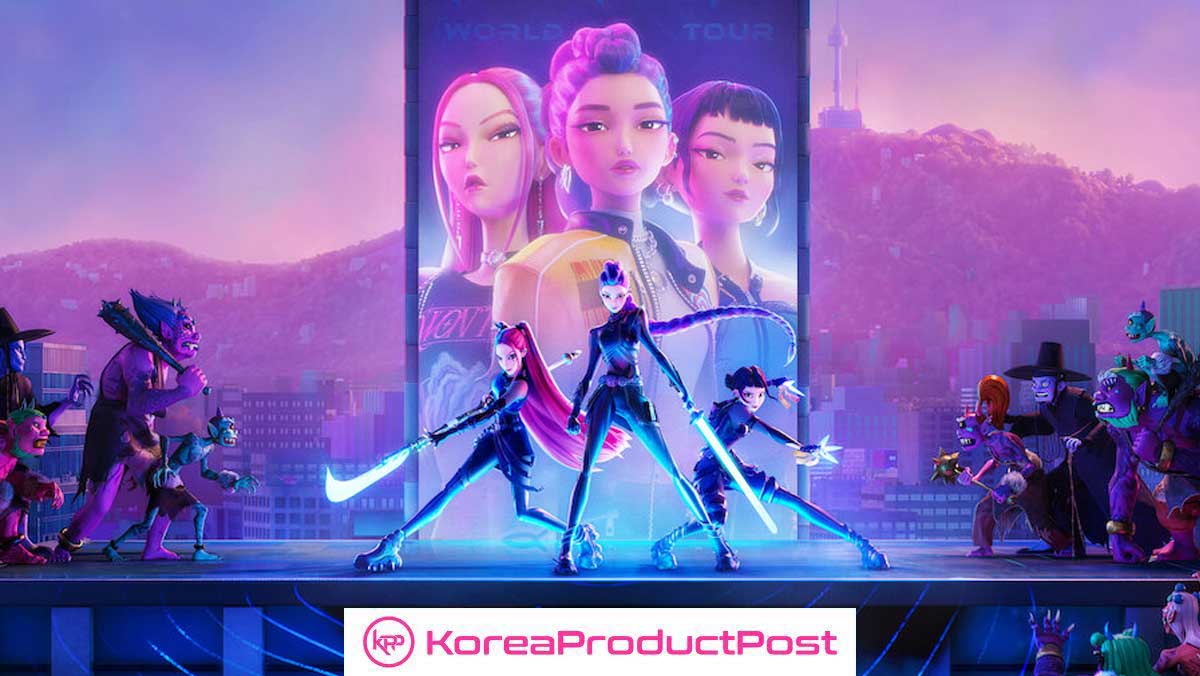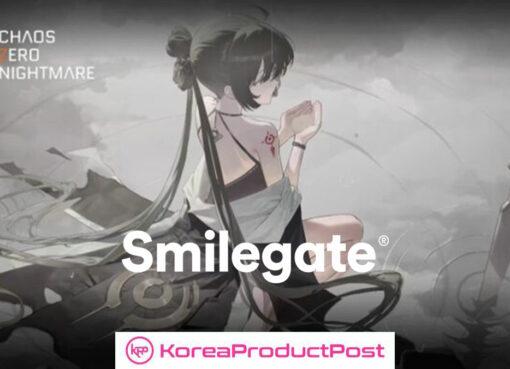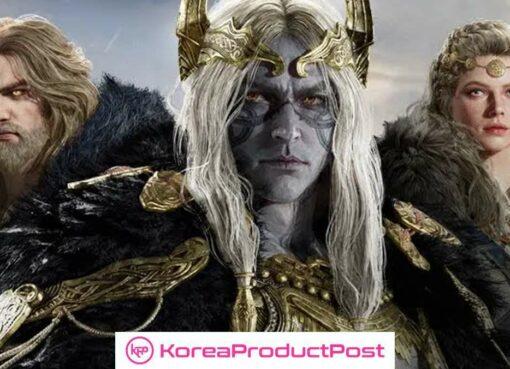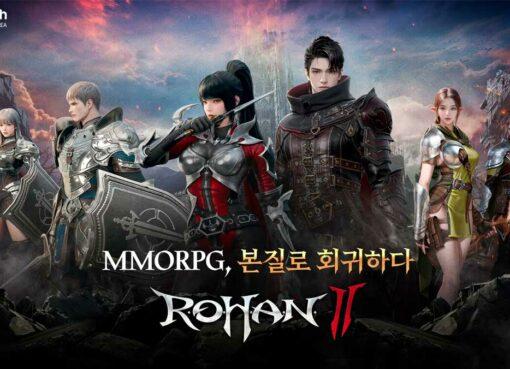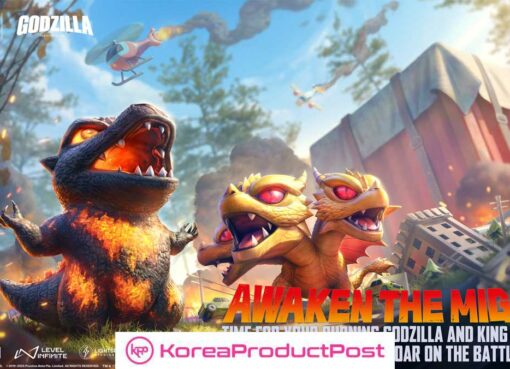You’ve seen the weapons. You’ve streamed the songs. And you’ve memorized every frame of Rumi’s sword dance under the glowing Honmoon threads. But now, imagine holding that sword in your hands—moving through a world where K-pop stages double as battle arenas and demon-slaying rituals fuel your ultimates. Day-dreaming? No. It’s NOT just imaginary anymore. Because Korean game developers are already eyeing “KPop Demon Hunters”. And what they’re planning could change everything.
How? Join us in a complete discussion in why Korean game studios are eyeing this new gem and what kind of games will best suited “KPop Demon Hunters”. And if they’re here, will you play them?
Why Korean Game Developers Are the Best Fit for “KPop Demon Hunters”
You’ve probably seen a few headlines that “KPop Demon Hunters” is trending in the gaming industry. But here’s what most of them won’t tell you: the real goldmine isn’t just the visuals or the idol aesthetics. It’s the layered cultural complexity—and that’s exactly what Korean studios are best positioned to bring to life.
Sure, “KPop Demon Hunters” was developed under a Sony Pictures banner and released on Netflix. But make no mistake: it is Korean in its bones. The idol culture, the weaponry, the spiritual codes, the han-infused emotional arcs—all of it springs from Korean storytelling tradition.
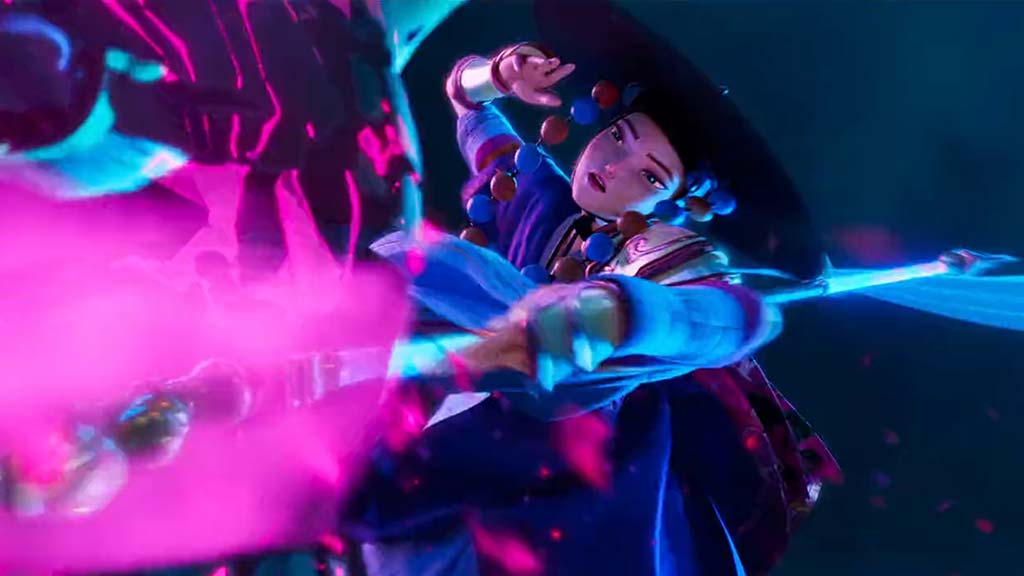
That’s why Korean developers are the ones moving fast. At least three major Korean game studios have already entered early talks with Sony for rights—each known for their global ambitions and strong transmedia portfolios.
But beyond the business angle, here’s why Korean game developers actually deserve “KPop Demon Hunters” IP more than anyone else:
1. The Cultural Code Is Already In Their DNA
“KPop Demon Hunters” isn’t just another fantasy animation. It weaves spiritual folklore, K-pop industry satire, and historical symbolism into a unified universe.
Korean developers like NCSoft, Pearl Abyss, and Shift Up have already proven their mastery at walking this tightrope. Games like “Blade & Soul,” “Black Desert,” and KRAFTON’s upcoming “Project Windless” seamlessly fuse traditional Korean mythology with slick, global-facing action gameplay.
This isn’t a learning curve. It’s a homecoming.
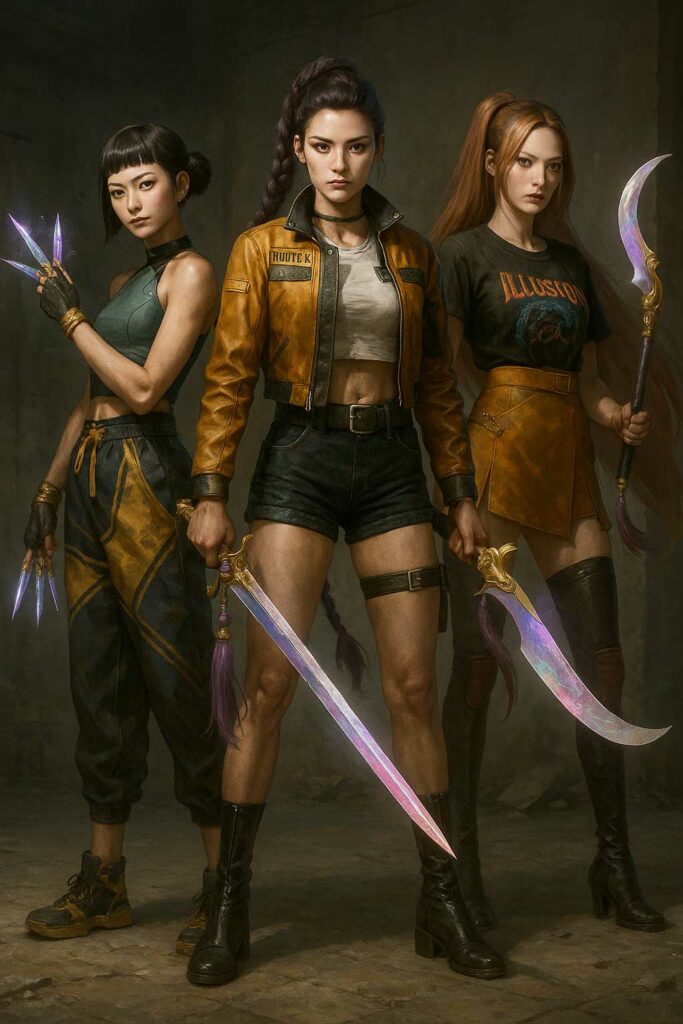
2. Korea’s IP Renaissance Is in Full Swing
South Korea has entered its golden age of IP expansion. Just look at what happened with “Squid Game,” “D.P.,” and “Moving“.
Now, with “KPop Demon Hunters” hitting #1 in 41 countries on Netflix, the writing’s on the wall: Korean studios are hungry for titles that can expand across music, drama, fashion, and games.
And this one has all four.
Korean developers know how to treat an IP with reverence and reinvention. They don’t just translate—they actually elevate, hard.
What Kind of Korean Game Would Work for “KPop Demon Hunters”?
Let’s be honest. Not every genre can handle “KPop Demon Hunters”. You need something that does justice to the choreography, the lore, the weapons—and the chaos of stage lights and demon slaying all at once.
So what game format makes sense?
1. Action RPG with Ritual Combat Mechanics
Think Stellar Blade meets Sekiro—but you trigger ultimates through rhythm-perfect combos or gut-inspired rituals. Rumi’s sword, Mira’s moon disc, Zoey’s sinkal: each weapon could mirror Korean martial traditions with spiritual depth.
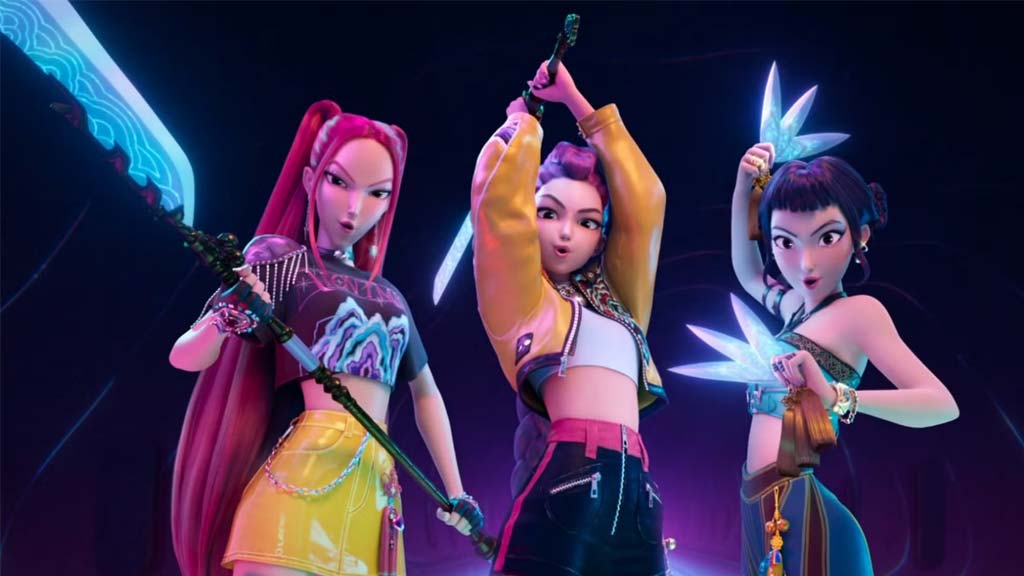
Stage concerts become boss arenas. Demon seals are leveled-up skill trees. And every
2. Rhythm-RPG Hybrid (à la DJMAX RESPECT x Persona)
Secondly, we have a blend of Rhythm and RPG game. And this time, you’re not just tapping to the beat—you’re unlocking transformation sequences, exorcisms, and soul-bound attacks. It’s combat through cadence. And Korean devs already excel in rhythm-mechanic engines that are emotionally and musically rich.
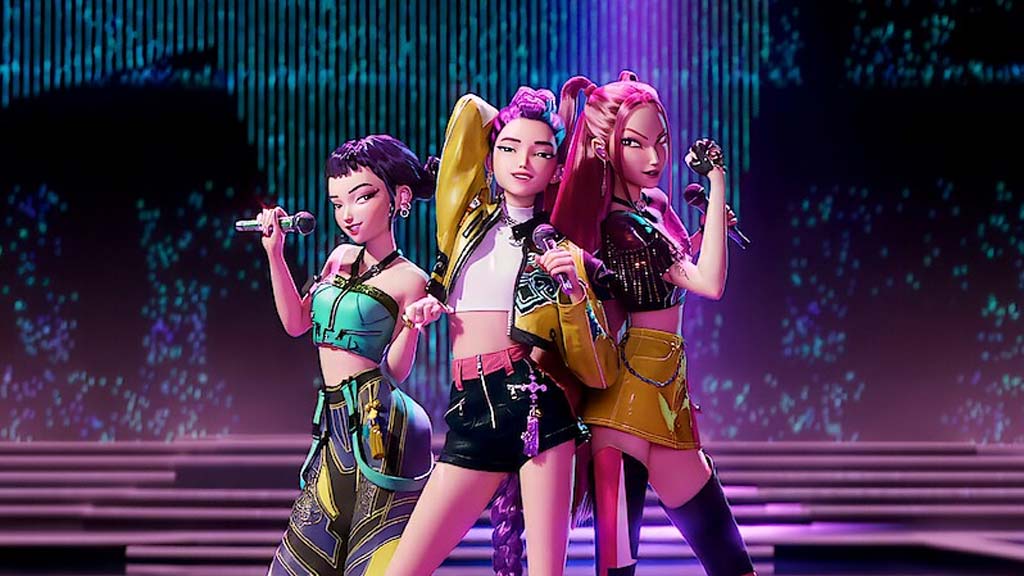
Bonus: Original OST? Already viral. Just imagine leveling up by performing the actual Huntrix stages.
3. Narrative Adventure with Parasocial Mechanics
Here’s where things could get experimental. A visual novel/action blend where you train as a HUNTRIX recruit, uncover lore, and manage public idol perception while secretly saving the world. Korea’s growing indie dev scene (think Project Moon or Devsisters Studios) could shine here, using intimacy and storytelling as a central mechanic.
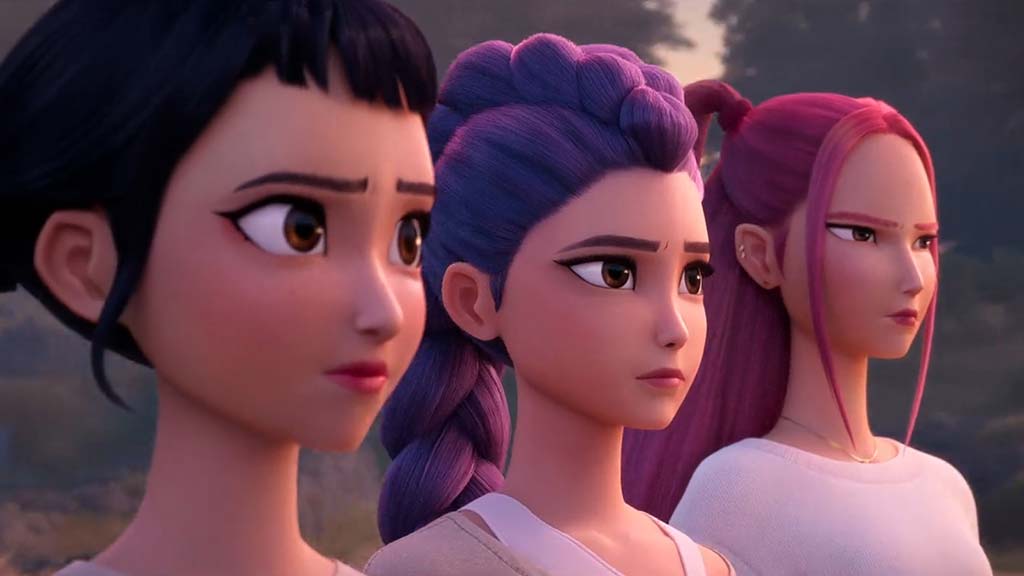
You’d build fanbases and spiritual resilience. Because in this world, popularity literally fuels your power.
Why International Studios Can’t Touch This the Same Way
Sure, Western and Japanese publishers have shown interest—but most of them are proposing collaborations, not full-on development.
And it actually makes sense. Without native fluency in Korea’s spiritual frameworks, K-pop industry intricacies, and socio-emotional cues like han, gut, or idol ethics, the adaptation risks falling into aesthetic mimicry.
Korean developers, meanwhile, are fluent in every brushstroke of the IP’s DNA.
They won’t just “make it pretty.” They’ll make it right and authentic.
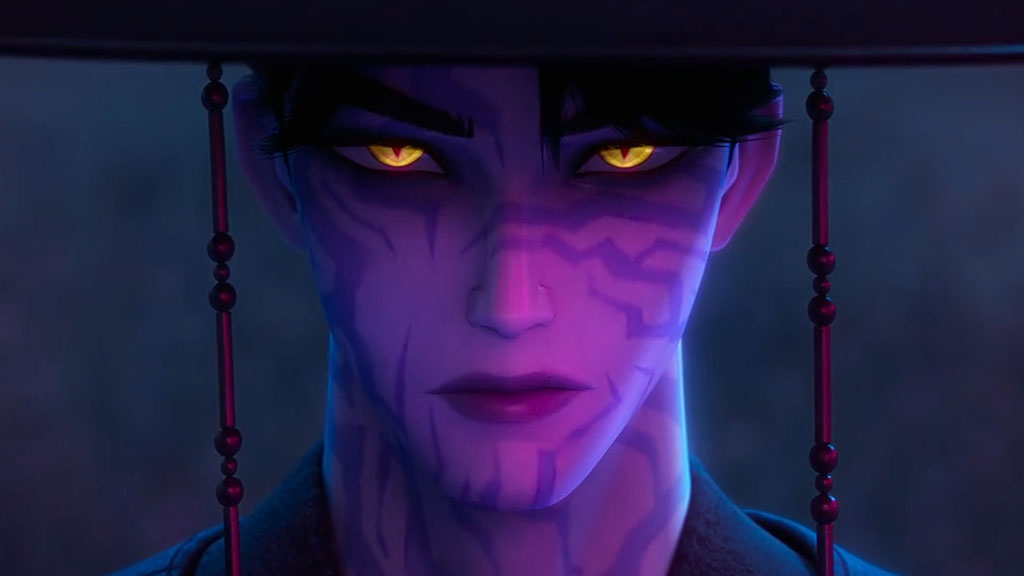
The Merch-Gaming Fusion Is Already Primed
Let’s talk real talk: “KPop Demon Hunters” isn’t the kind of IP you just port into a game and call it a day.
Korean companies know that. And they’ve already mastered the blueprint of turning pop culture into full-scale ecosystems—“BTS World” didn’t stop at mobile missions, and “Cookie Run: Kingdom” now has its own cafés, plushies, and fashion collabs.
So, imagine what’s possible if this universe goes interactive:
- Collector-grade weapon replicas – Rumi’s saingeom on your wall? Zoey’s sinkal on your shelf? They won’t become just mere props but your very identity as players
- Virtual fan meets with HUNTRIX – You, face-to-face (digitally) with Rumi or Mira, in a timed in-game event. Exclusive. Emotional. Replay-worthy.
- Limited-time OST bundles – Play to unlock music packs that feel like private concerts. Or maybe dance challenges that earn you lore-only songs.
- AR filters that activate your spirit tattoos, norigae buffs, or transformation animations—shared directly to your socials, of course.
- NFT-free digital skins rooted in traditional hanbok, exorcist robes, or ceremonial armor—no gaslighting, just good game design.
This will become the beginning of a living, breathing fandom ecosystem—crafted by devs who understand the assignment: culture, connection, and community.
And if they drop it? You won’t want to be late.
So… Will You Play It?
Finally, “KPop Demon Hunters” is more than just another Netflix success. It’s an IP that blends cultural reverence with genre-breaking creativity—and Korean developers are the only ones equipped to match that energy at scale.
If they do this right (and let’s face it, they will), you won’t just be watching the HUNTRIX fight demons. You’ll be one of them, raising your own saingeom.
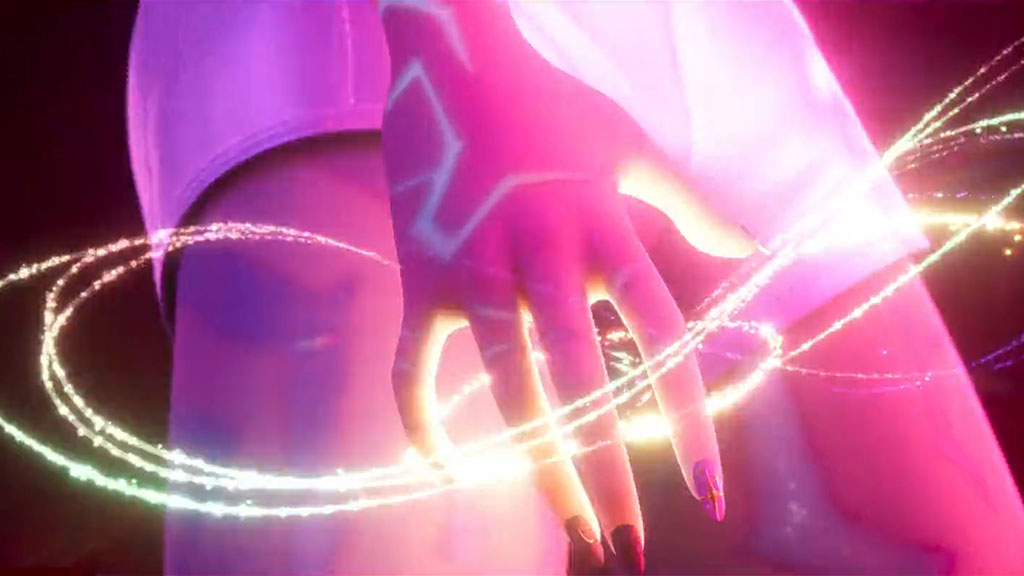
So now the question is when KPop Demon Hunter game arrives, will you be ready to play?
Join our discussion on social media and please give us your thoughts. And don’t forget to tag KoreaProductPost on X and Instagram.
If you’re looking to promote your products and connect with international buyers, please don’t hesitate to contact us.
Join us on an exciting journey to explore the vibrant world of Korean lifestyle – from the latest beauty tips to the hottest tech and so much more on Facebook, Twitter, LinkedIn, and Flipboard.



